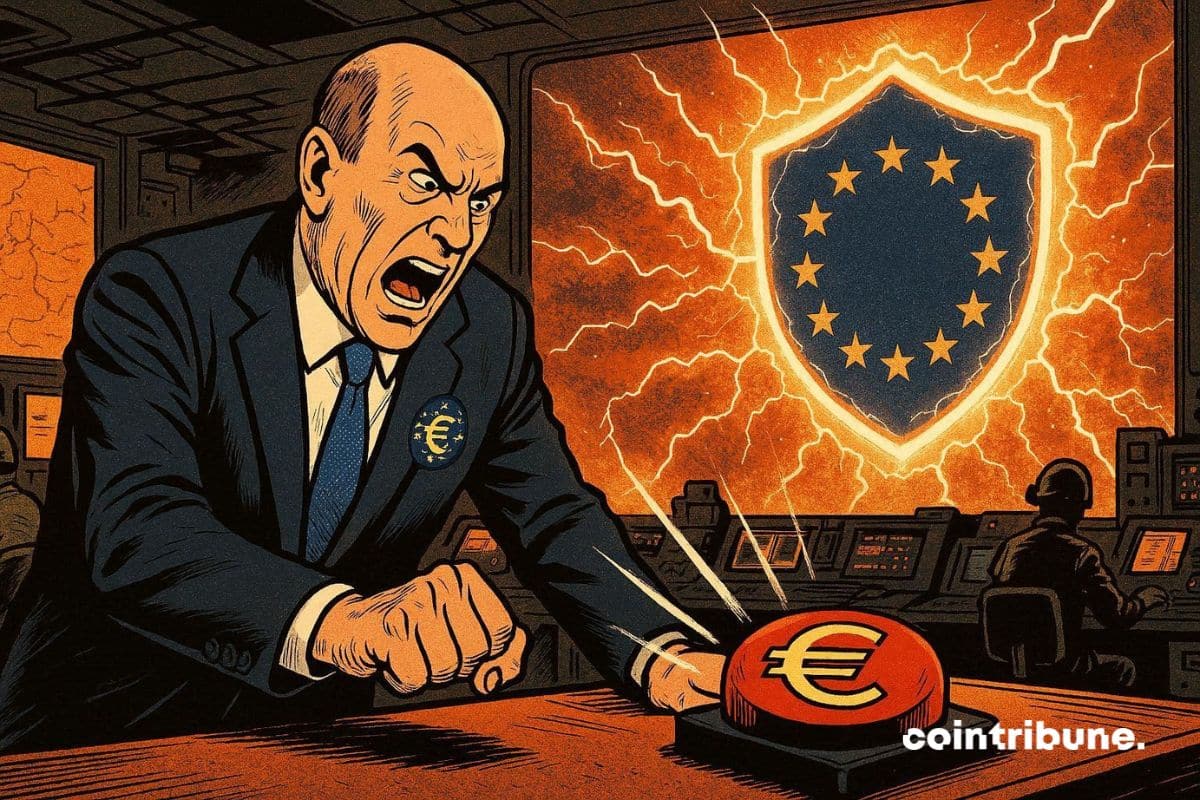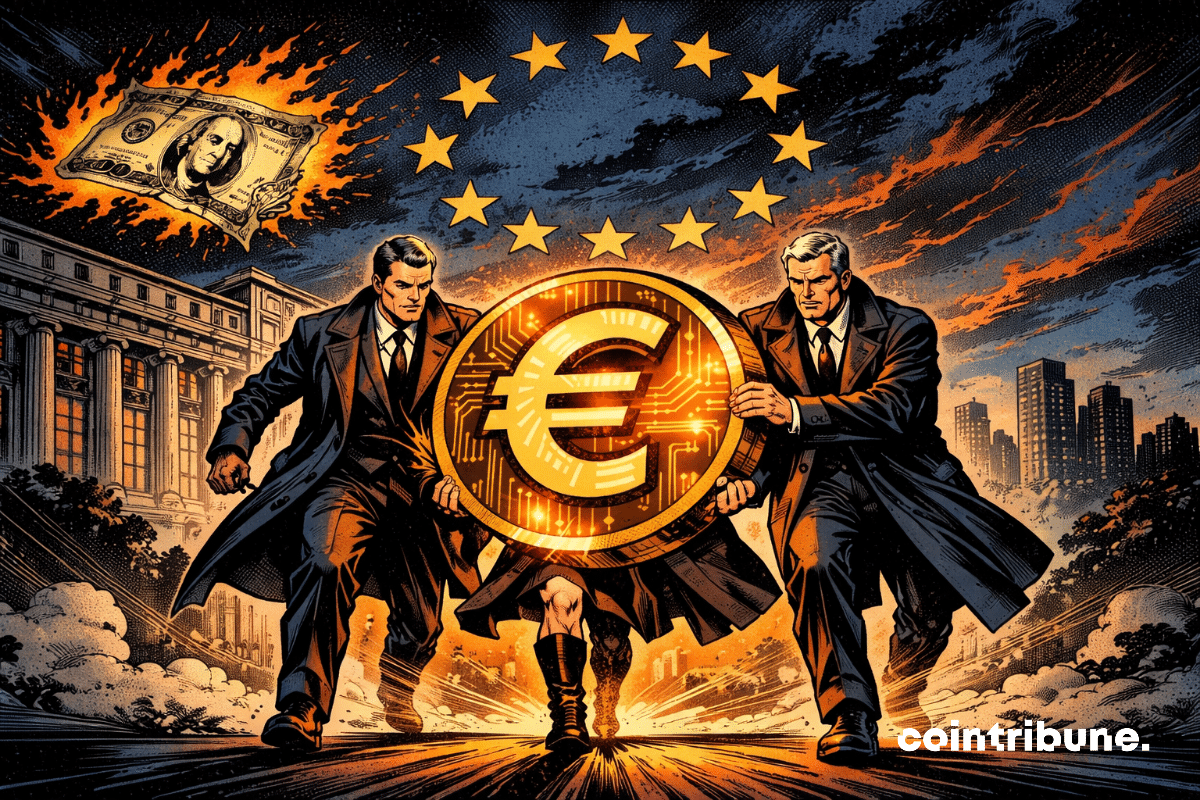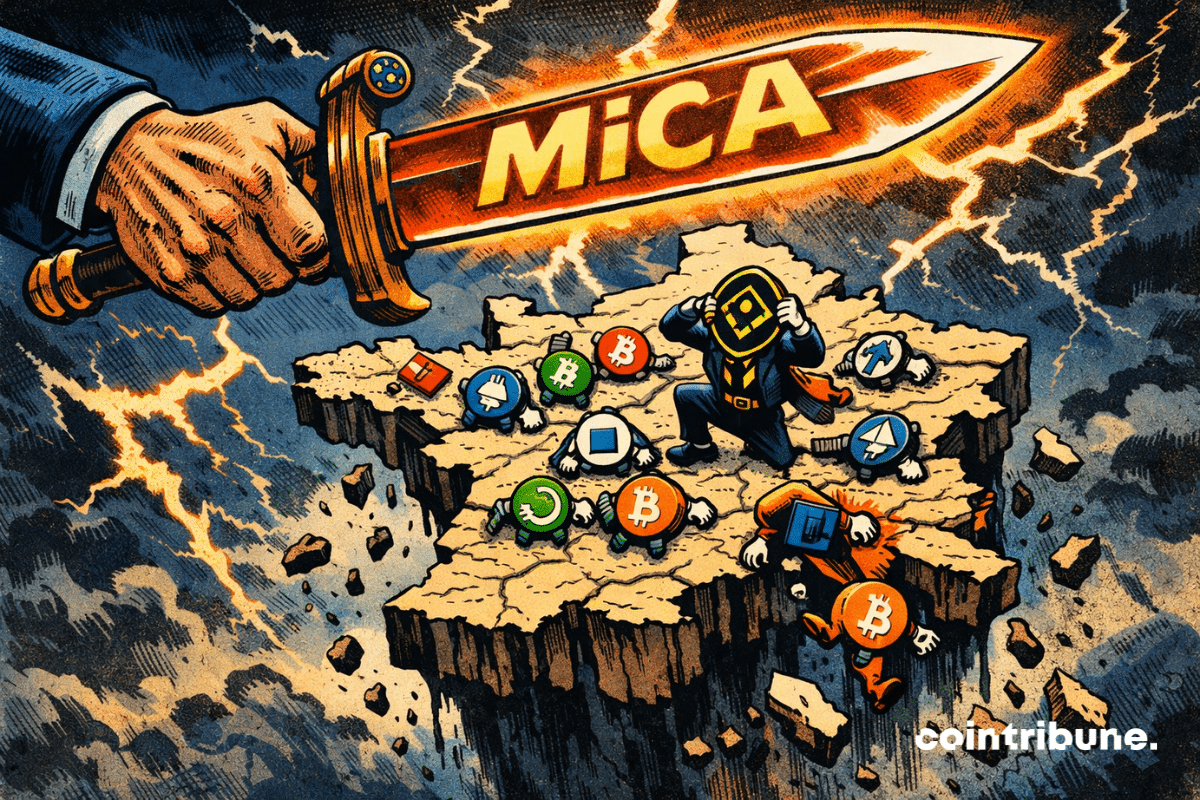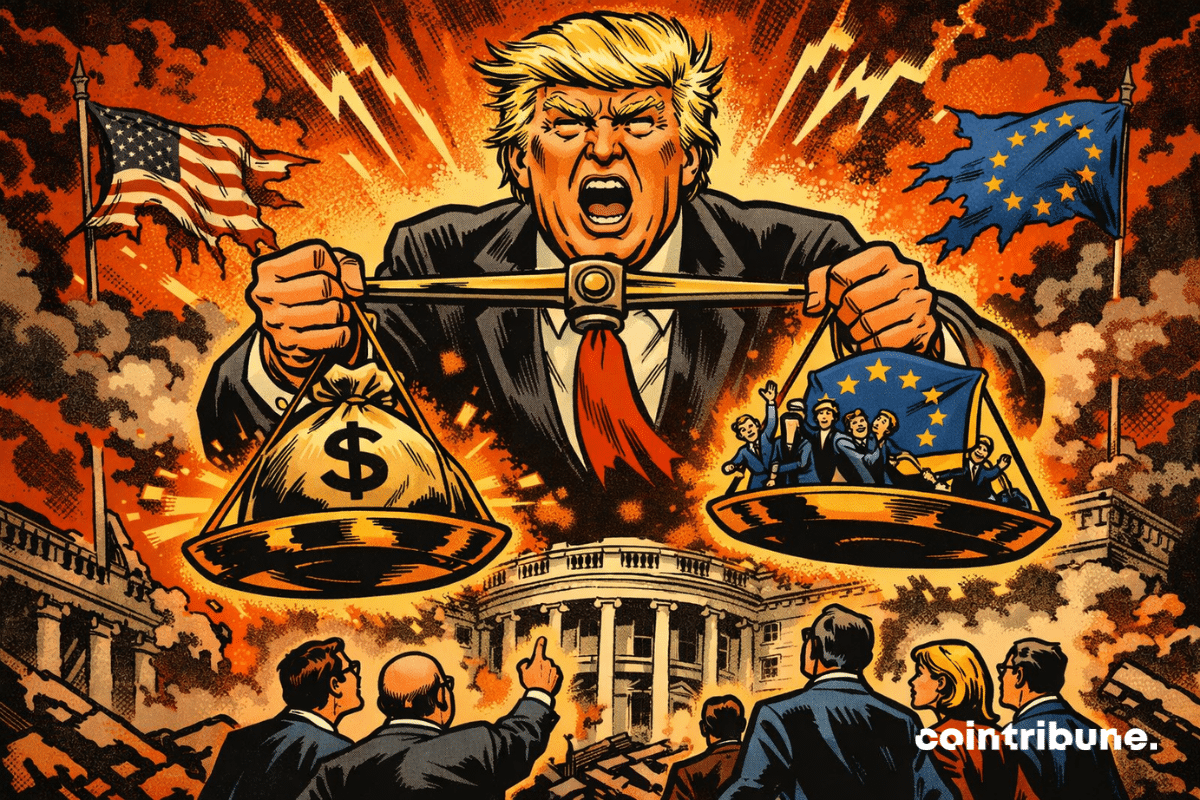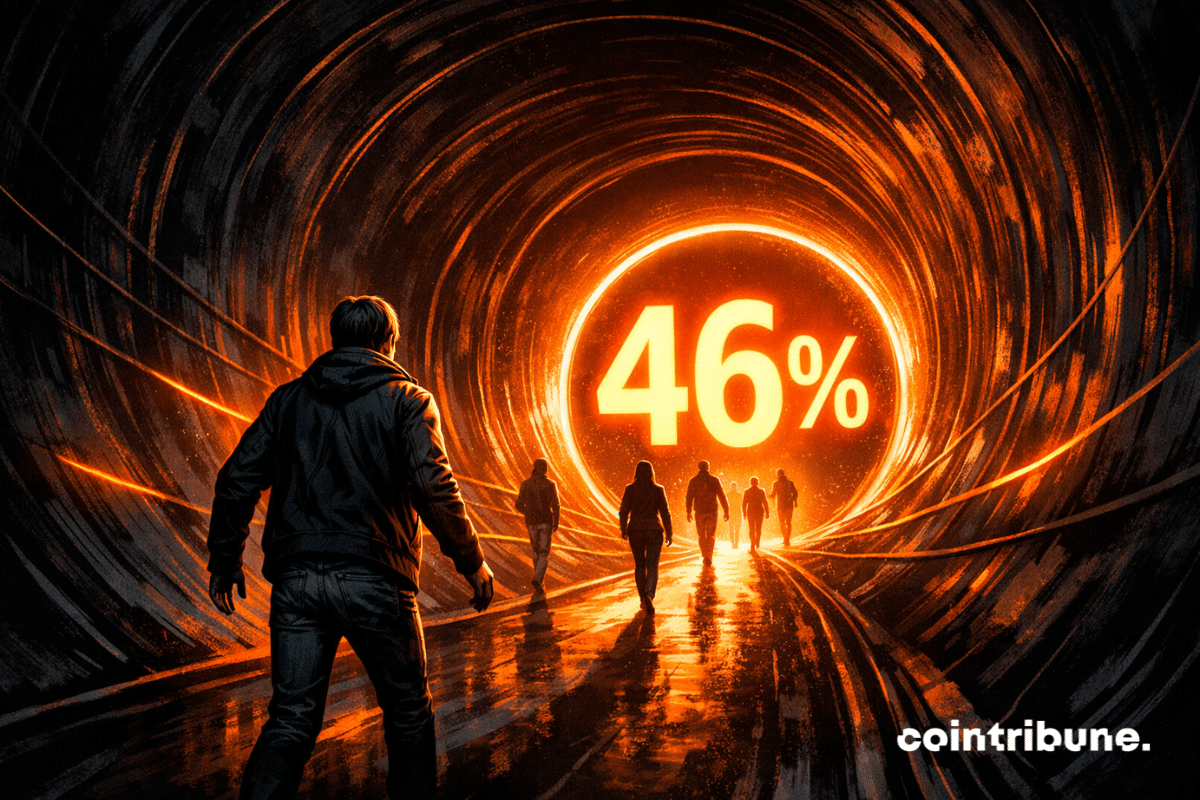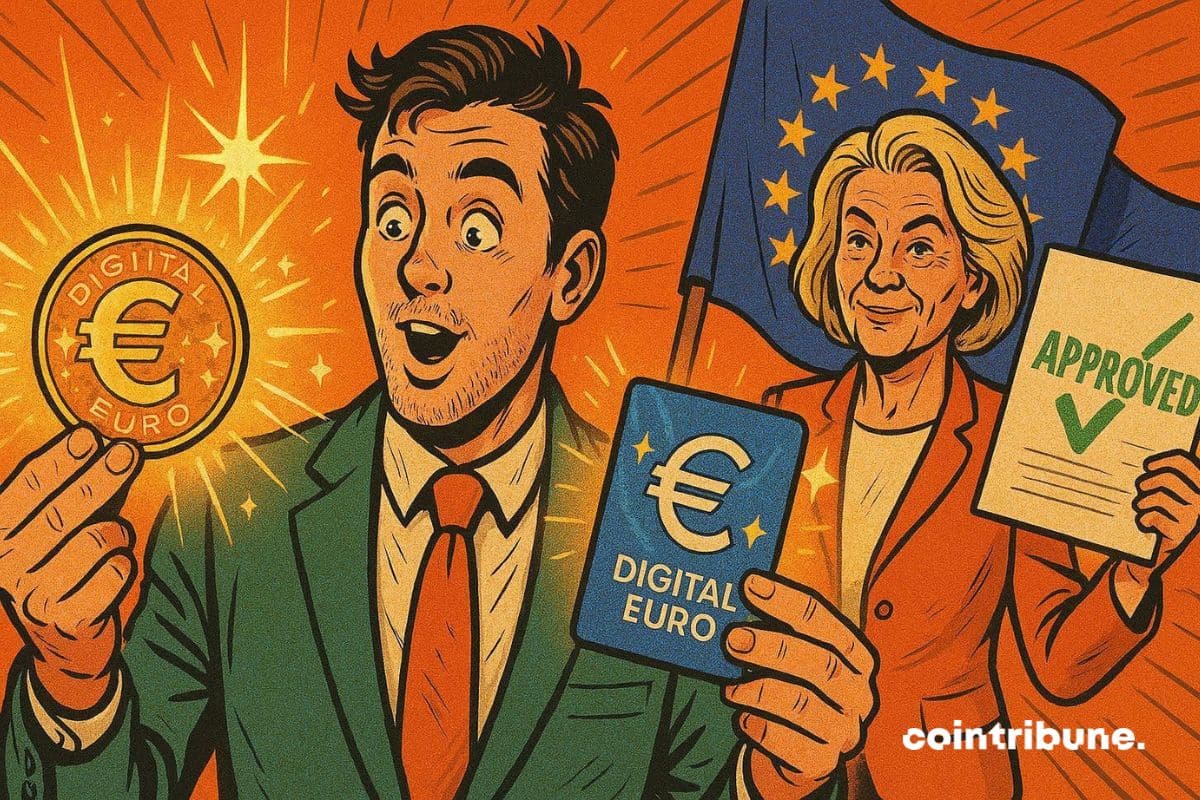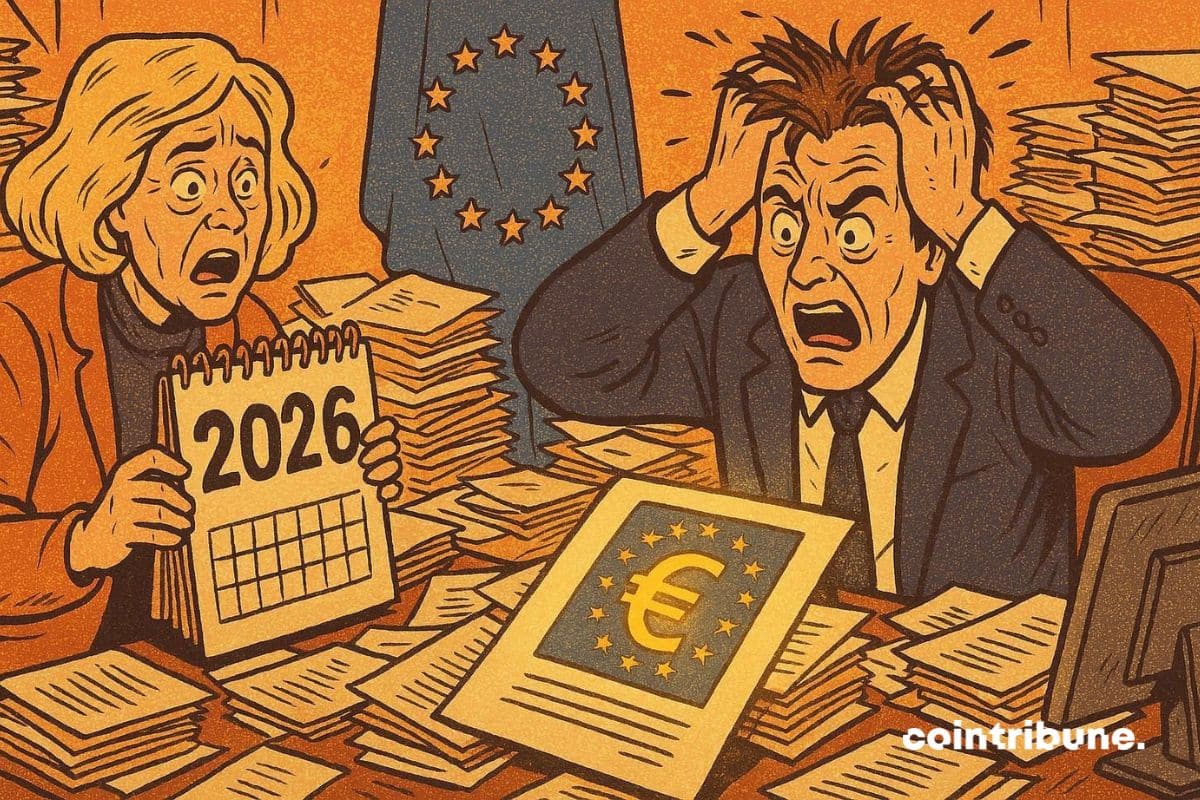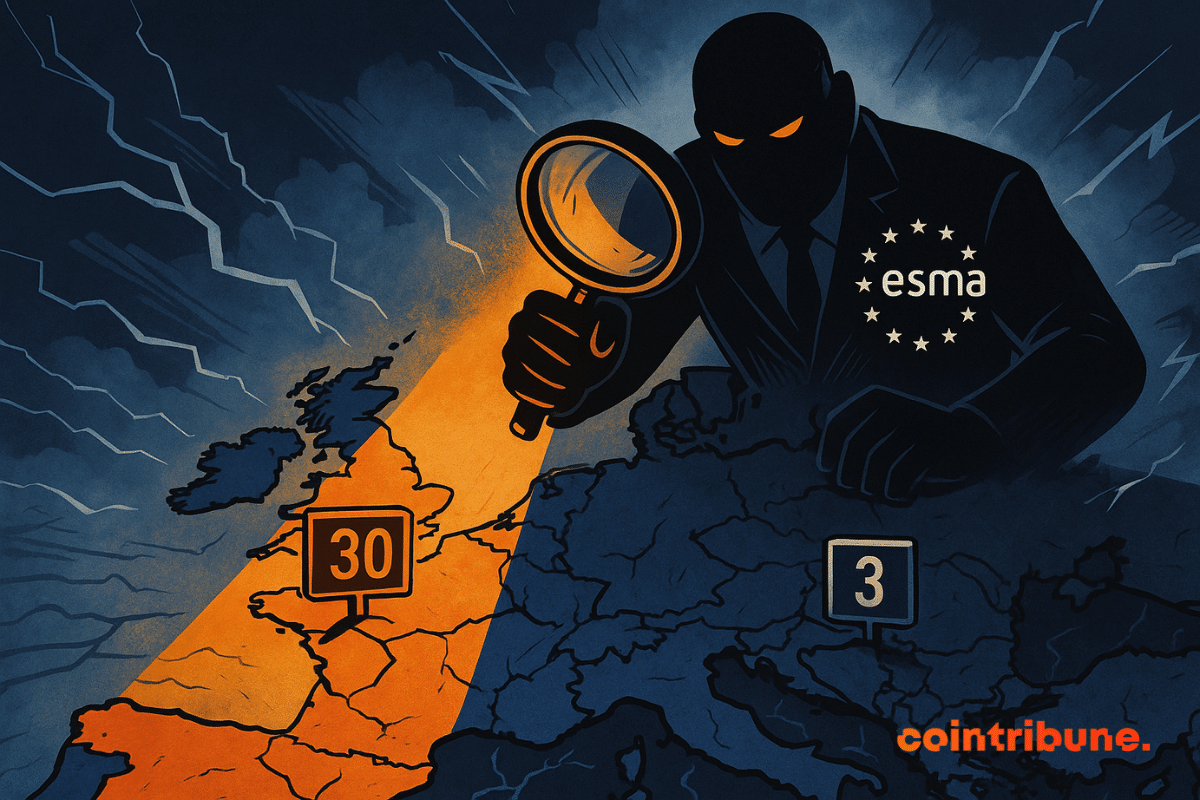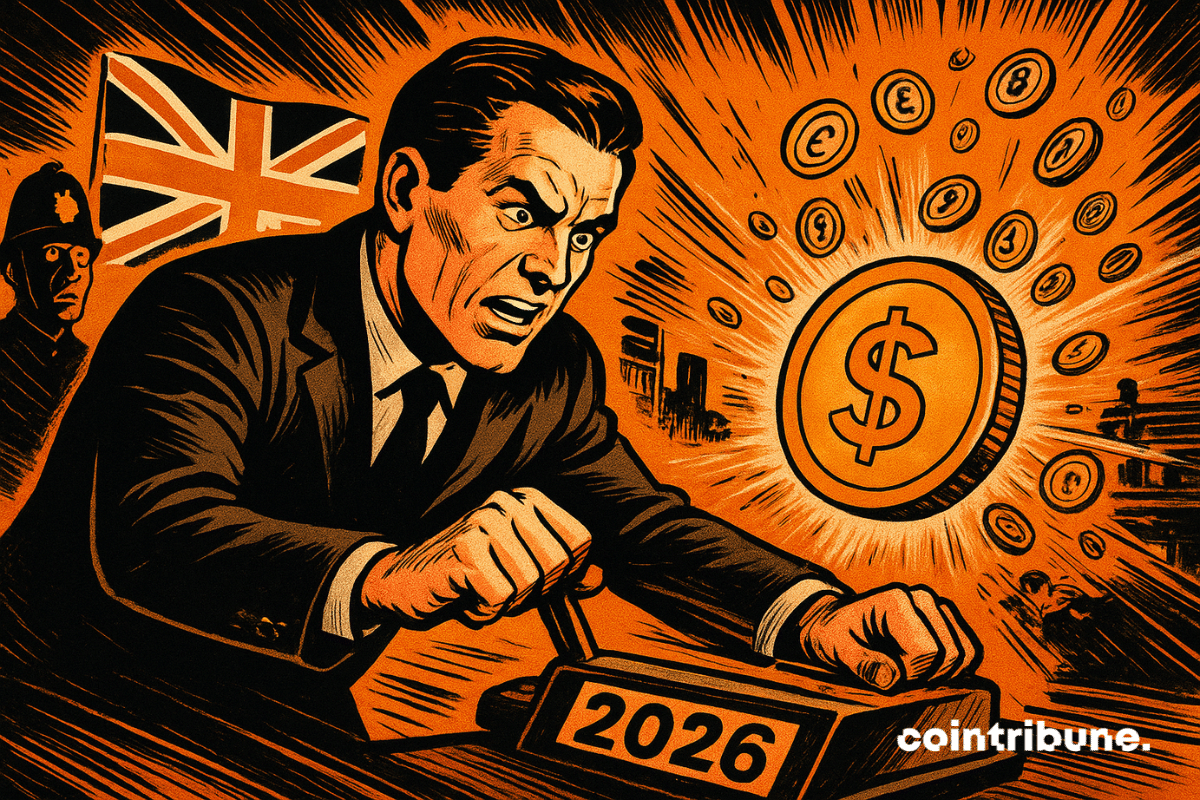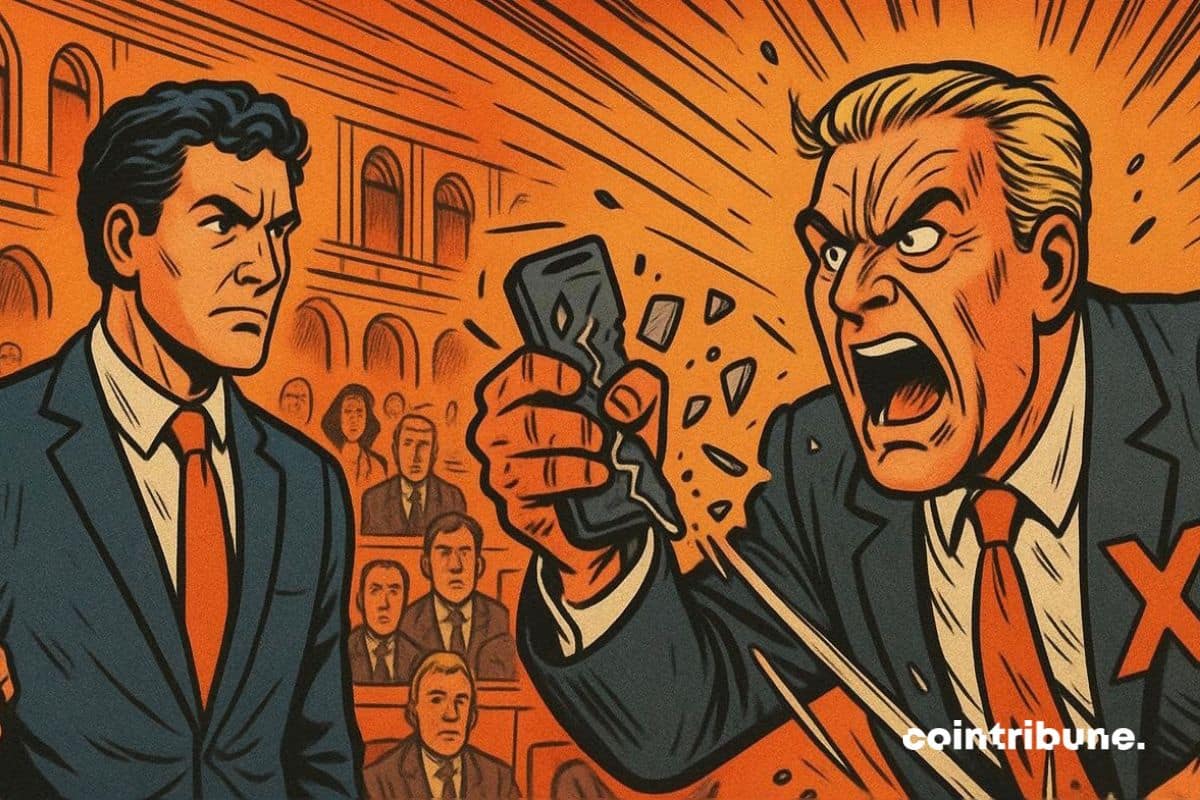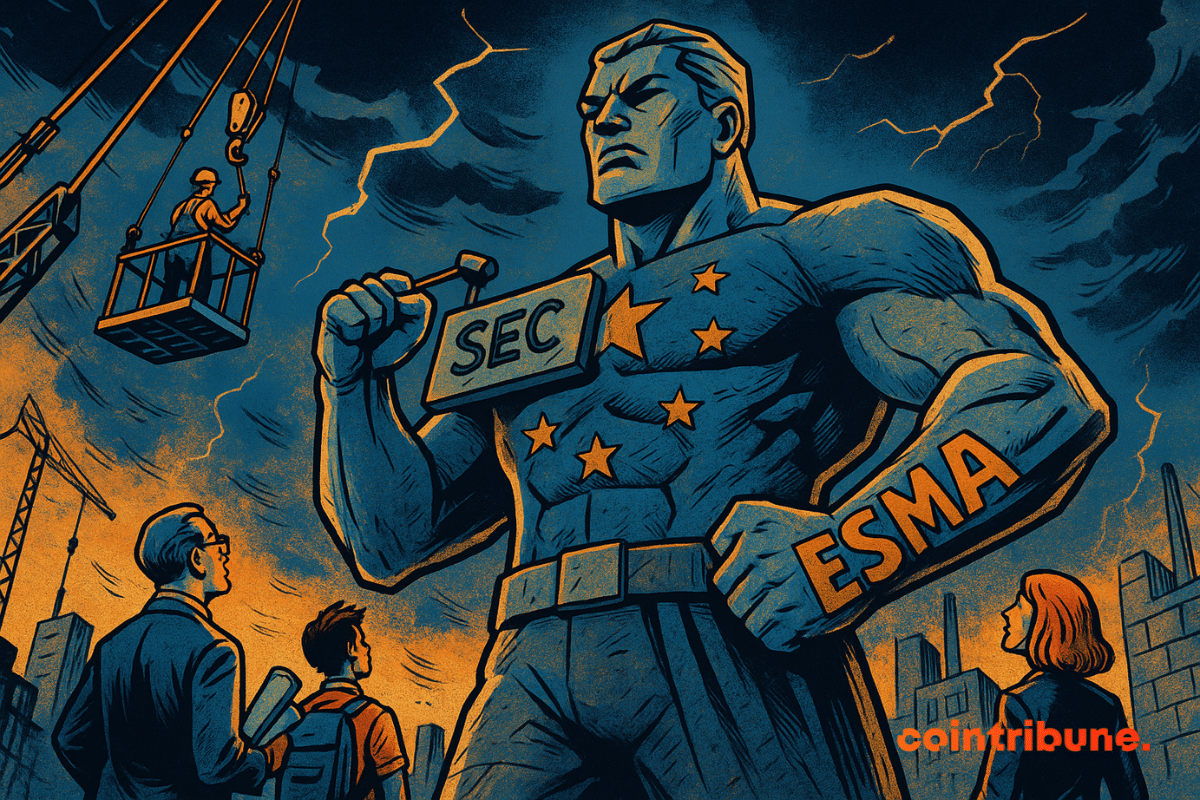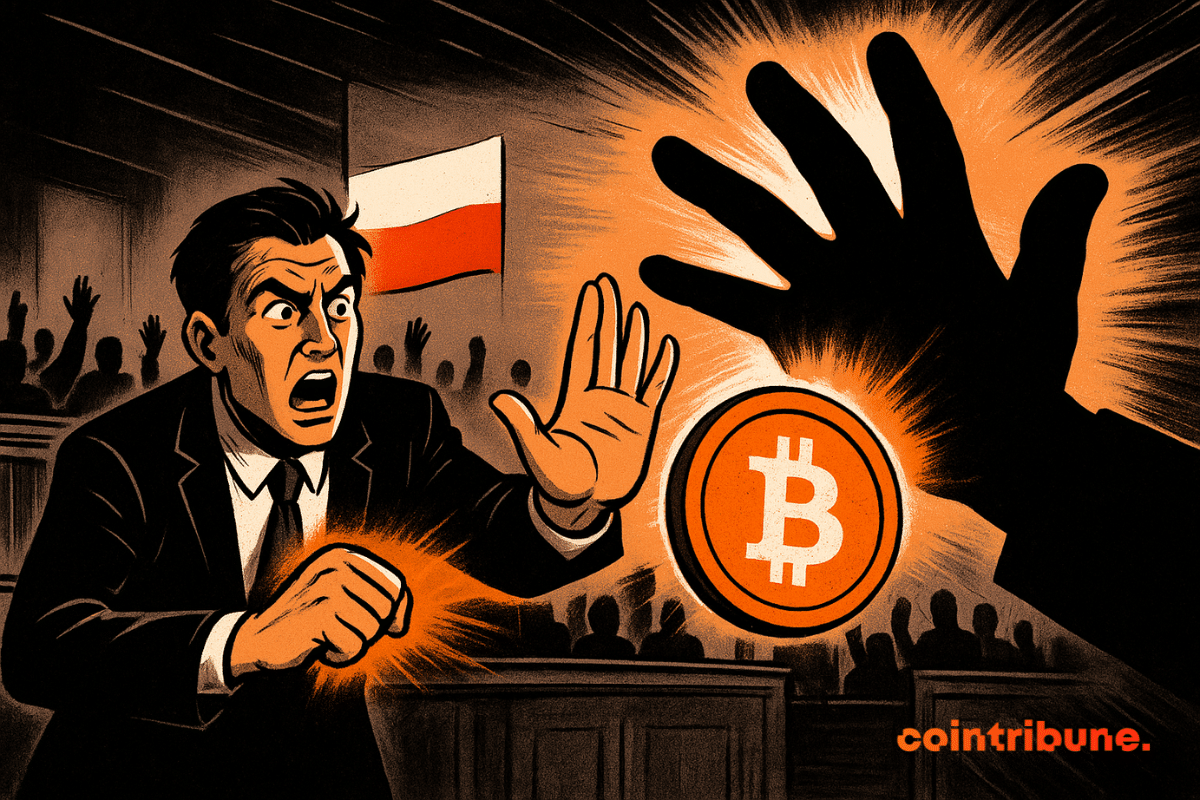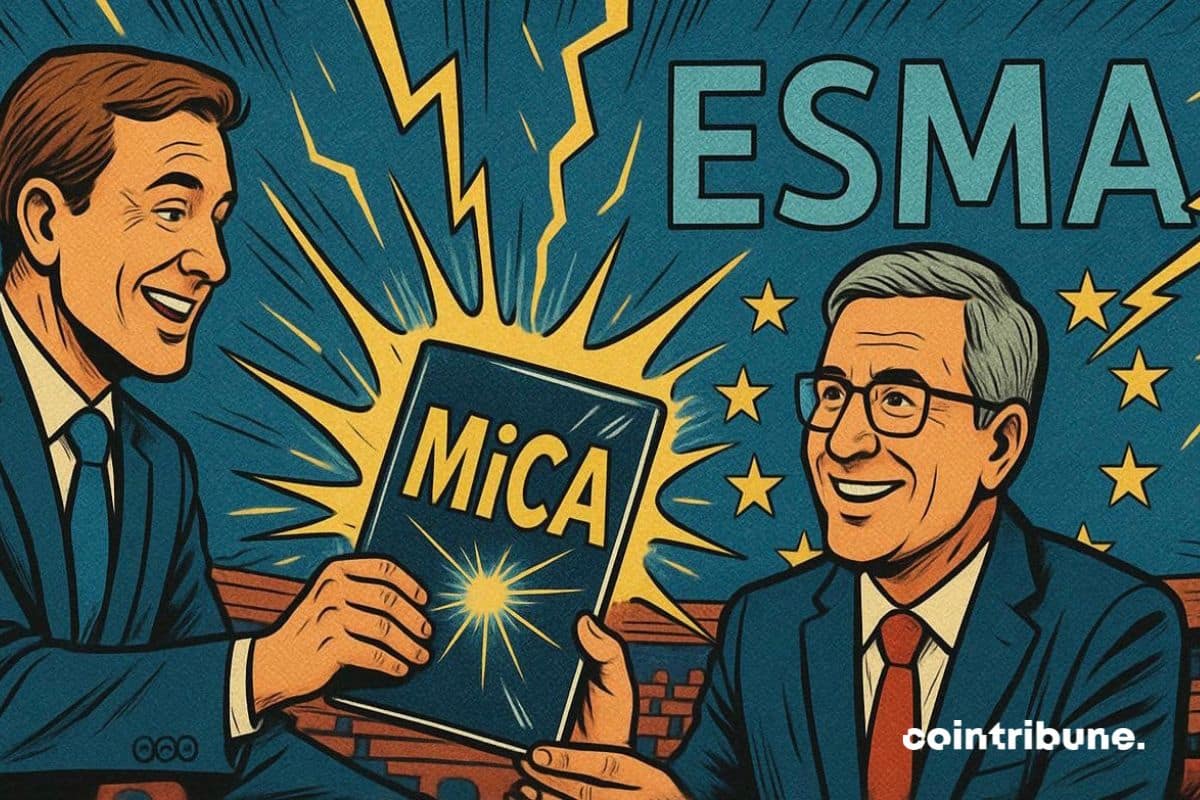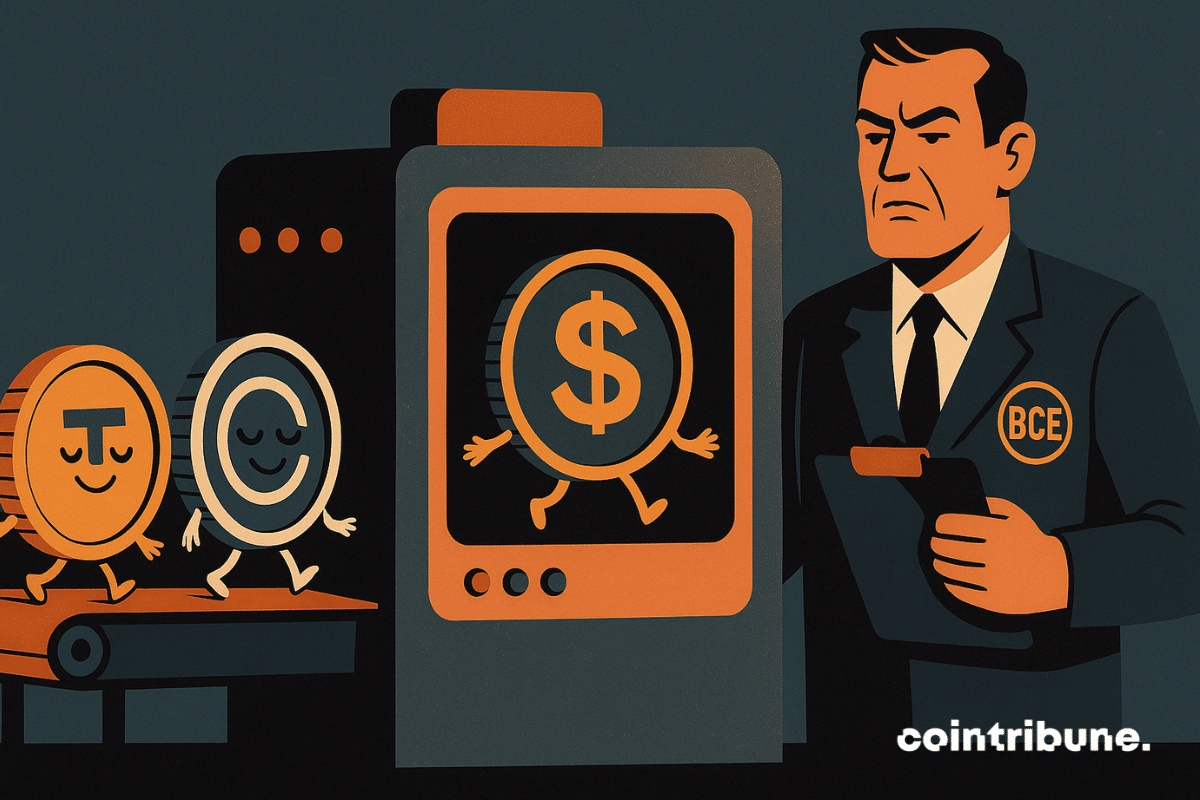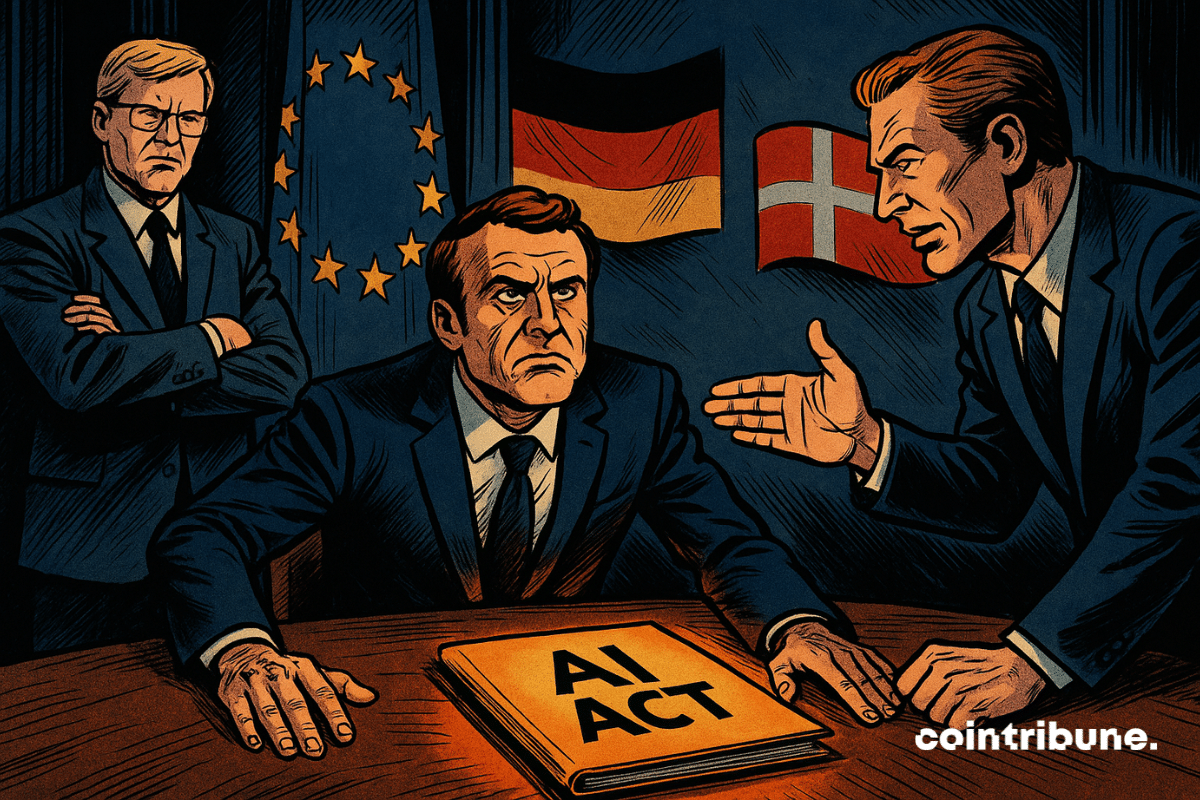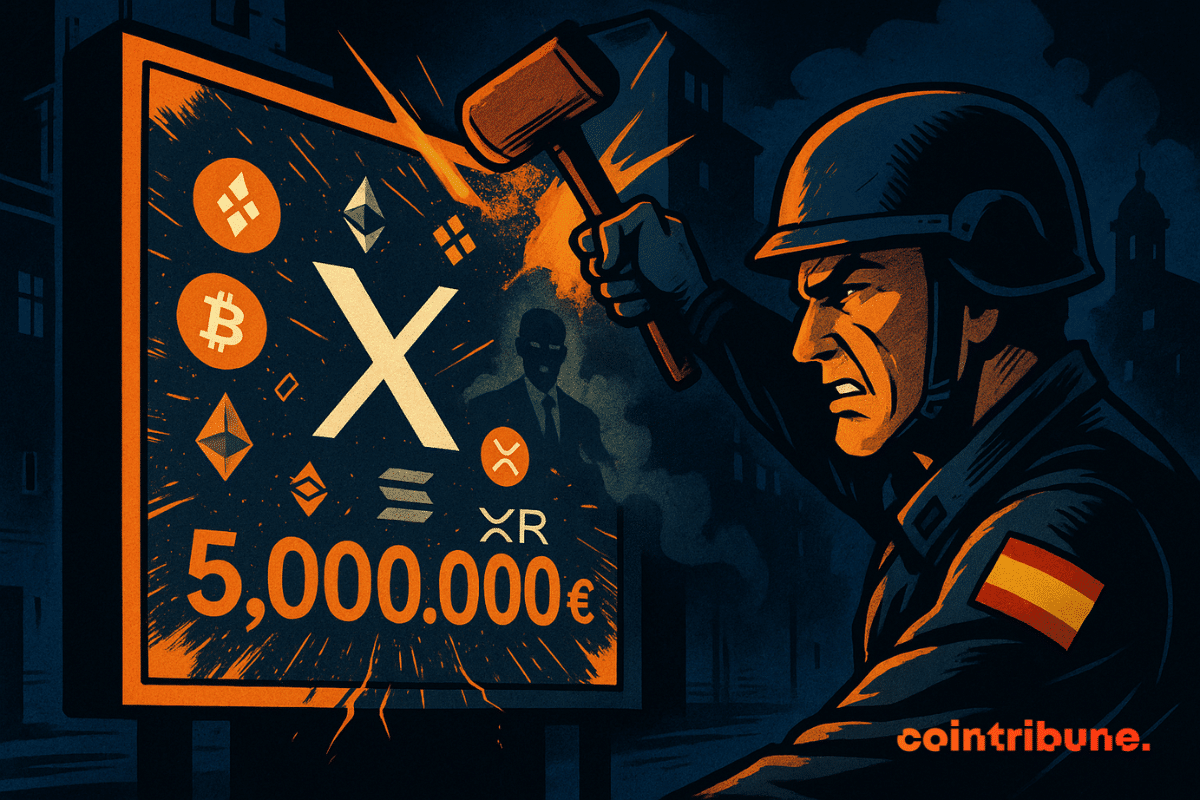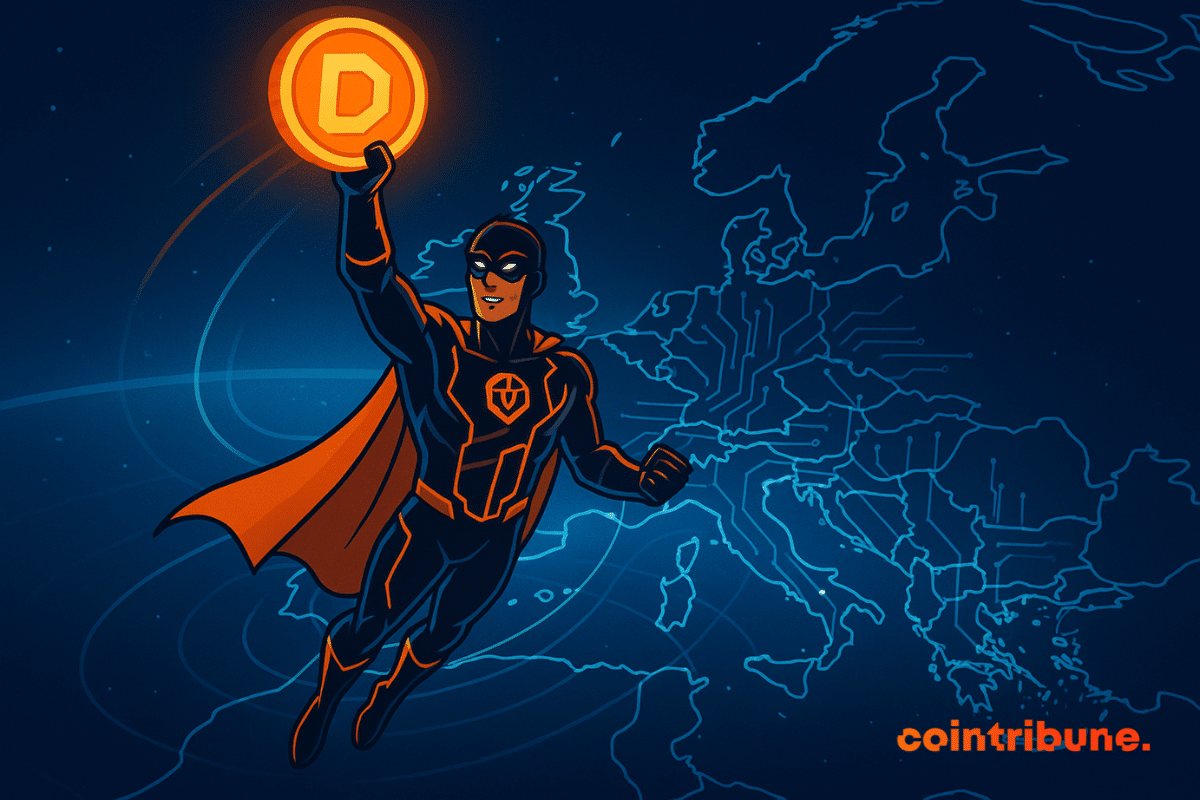Assaults, kidnappings, mutilations… Crypto theft turns physical in Europe. Discover the key figures in this article.
Europe
In Brussels, the eurocrats are pounding the table: twelve countries are dragging their feet while cryptos dance, MiCA in hand and taxation struggling.
In a world where payments are becoming economic weapons, the ECB is accelerating the deployment of the Digital Euro. Piero Cipollone makes it a strategic priority to secure European transactions against sanctions and cyber threats. This ambitious project could redefine the continent's financial sovereignty. Is Europe ready to take up the challenge?
The European Union has just made a big move: Google must open Android to competing AI tools under threat of colossal sanctions. A decision that could revolutionize the tech market, boost innovation, and redefine the balance of power. What impacts will it have on users, businesses, and AI-related cryptos?
Ten banks join forces to create Qivalis, a stablecoin designed for fast crypto payments in euros. Details here!
Trump acts tough with Europe, but financiers of the Old Continent are sharpening their response: a stock market exodus that could make him swallow his "America First."
Binance, the crypto giant, trades its wild escapades for the toga of Athens: Greek regulation, European ambition... and a well-timed snub to its old demons.
Bankers were pretending to ignore crypto; now they dive in completely, renaming stablecoins as "infrastructures." PwC rejoices: the future is already tokenized.
The crypto A7A5, Moscow’s digital weapon? This token allowed Russia to move billions despite the Western embargo.
Bitcoin steadied after a sharp sell-off earlier this week, finding support near the $92,000 level as traders reassessed risk. Market watchers say exchange-traded fund inflows continue to support a positive long-term outlook, even as global political tensions keep volatility elevated. Recent price action suggests buyers remain active despite broader uncertainty.
Panic in the crypto pot: MiCA is simmering fiercely, and even Binance is starting to sweat. Ten months before the verdict, Paris is finally lifting the regulatory lid.
Trump dreams of buying Greenland, taxes his allies, and awakens European pride: Brussels finally draws its economic bazooka, ready to fire faster than its diplomatic shadow.
France alerts: crypto companies ignore the MiCA regulation. Imminent shutdown? We tell you everything in this article.
Outset Data Pulse continues to map global shifts in the crypto mediascape. Following our in-depth reports on Asia, Latin America, and individual European subregions, we now turn our focus to Europe as a whole, examining how crypto-native and mainstream outlets performed across Eastern and Western Europe in Q3 2025 amid regulatory execution and changing discovery dynamics.
The digital euro arrives with a surprise: two versions, one online and one ultra-secure offline, close to cash. However, can it attract crypto enthusiasts and threaten the dollar? Analysis of the stakes, advantages, and challenges of this future currency, finally approved by the EU and the ECB.
In December 2024, memecoins were leading the trends. Their capitalization flirted with unprecedented highs. And then, in 2025... everything collapsed. Who would have thought that only one year would separate the spotlight from oblivion? Digital fortunes melted away. Beloved tokens disappeared. What could possibly have happened? Volatility, scams, saturation, or mutation? An analysis of a sharp turn in the ruthless world of the most bizarre cryptos. Nothing hinted at such a reversal for such a popular crypto market.
The digital euro could change everything: instant payments, financial sovereignty, and an alternative to private cryptos. However, despite ready technology, European legislators block the project out of fear of privacy risks. Which crypto will disappear if the digital euro arrives in 2026?
As the European MiCA regulation gradually comes into effect, the Comisión Nacional del Mercado de Valores (CNMV) of Spain has decided to set clear, almost abrupt, guidelines for crypto players operating on its territory. No prolonged grey areas, no regulatory wavering. The message is clear. Comply, or leave
Over the past year, OKX has been steadily expanding across Europe—we're listening to what traders want and building the products they need. From advanced trading tools to deeper liquidity and new institutional partnerships, Europe has quickly become one of the most important regions driving OKX’s global growth.
When the EU regulates, it sometimes tailors the rules... MiCA stalls, ESMA heats up, states hesitate: in the crypto jungle, Brussels dreams of cutting local freedoms short.
The UK is moving quickly to strengthen its position in digital finance as part of its 2026 growth plan. Pound-pegged stablecoins are now the central play in a regulatory push to keep the country competitive as Europe develops new rules. Clear timelines, new testing routes, and pressure from nearby markets are pushing the region toward a more structured stablecoin system.
Elon Musk and the EU face off in an unprecedented duel after a historic $140 million fine. Between tech regulation, geopolitical tensions, and American support, this clash redefines digital rules. Who will emerge victorious from this war?
Brussels pulls out all the stops by wielding a "SEC" European style. Startups in panic, regulators in a trance. What if tech innovation takes a hit?
Poland’s parliament failed on Friday to overturn President Karol Nawrocki’s veto of a bill intended to tighten crypto rules. The outcome blocked Prime Minister Donald Tusk’s plan to expand oversight and left the country without a clear path forward. Lawmakers must now reconsider how to align with EU standards while avoiding heavy pressure on local firms.
The European Union wants to entrust ESMA with a key role in crypto supervision. With MiCA, an ambitious reform is taking shape, balancing enhanced security and concerns about innovation. This extension of powers could change everything for investors and platforms. Essential details to know.
While stablecoins worry many central banks, the ECB adopts a surprisingly measured tone. In its latest financial stability review published on November 20, it considers these assets to represent "only a limited risk" to the eurozone. A reassuring position, which the institution justifies by still marginal adoption and an already existing regulatory framework. However, behind this apparent calm, the ECB calls for vigilance given the rapid market evolution and emerging cross-border risks.
While the ECB dreams of a well-behaved digital euro, a French crypto startup is spending £30 million to hack the bank... but with the regulator's approval. Hats off.
In Brussels, while some regulate AI to the point of suffocation, Paris and Berlin advocate for breathing space. Bureaucrats panic, startups suffocate, and innovation awaits an emergency exit.
Crypto on promo, X turns a blind eye, Spain pulls out the fine book. Musk aimed for the stars but ends up with his feet in regulatory mud. Cryptos cost.
Fraktion, a SaaS solution dedicated to tokenization and management of real-world assets (Real World Assets), accompanied in the operation by the investment bank Lukeiōn Advisory, announces the strategic acquisition of Pecule, a French fintech specialized in creating digital financial securities issuance platforms.


